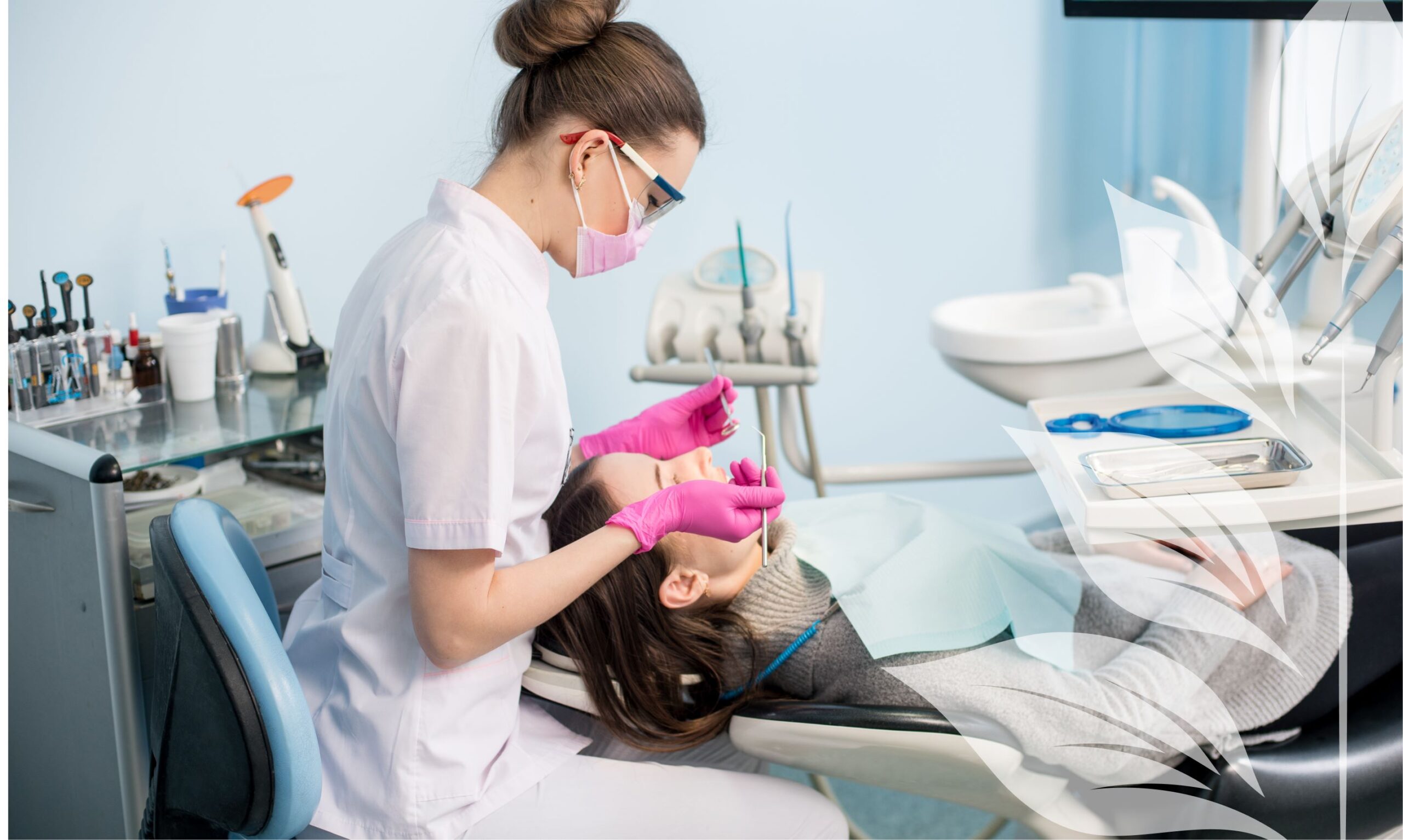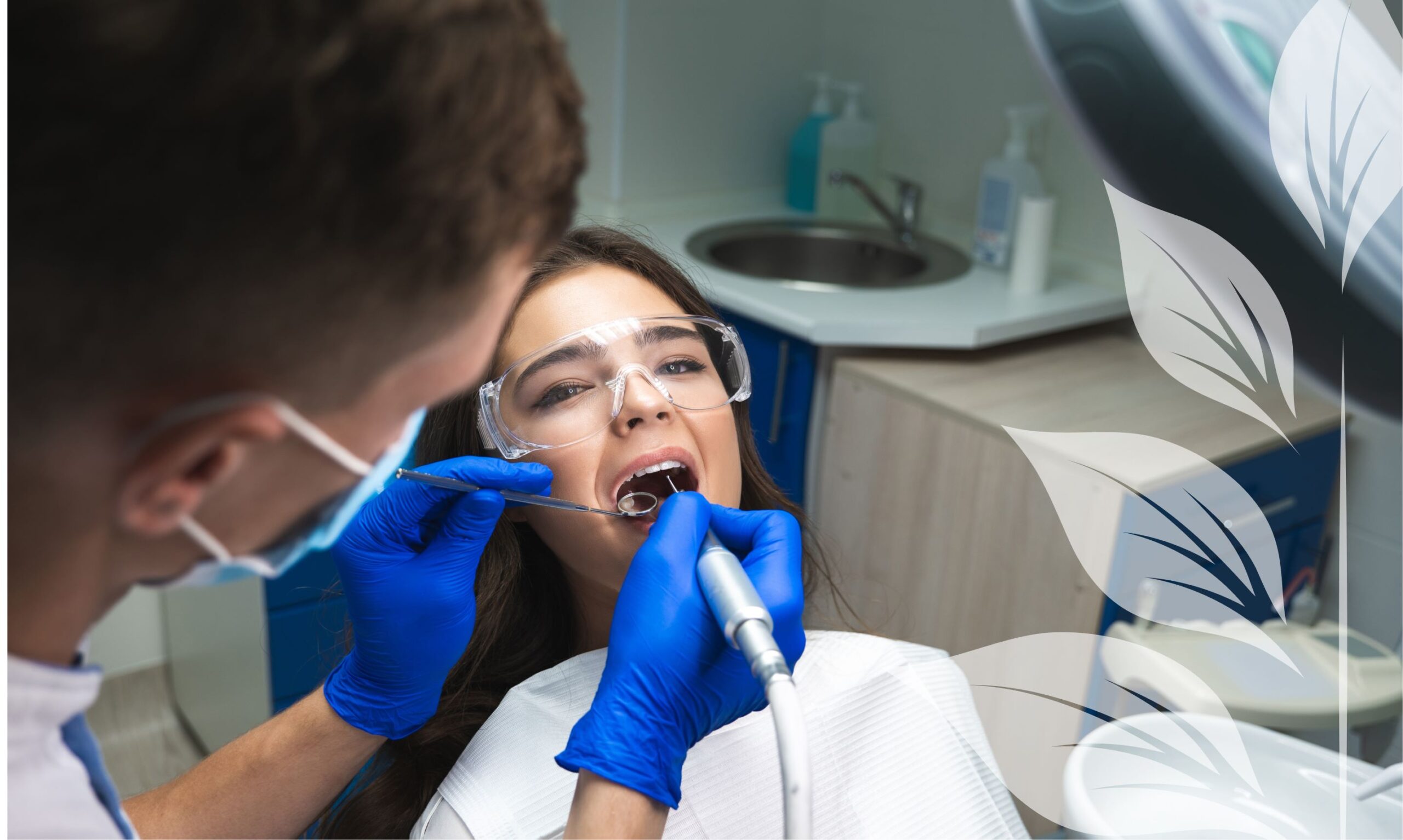Take a role in your overall health by ensuring your dental health is a priority.
Many people might think their dental health isn’t as important as the rest of their health, and may skip on biannual dental evaluations, as a result. Allred Family Dentistry wants to remind our neighbors in Hampton and Griffin, Georgia, that their dental health can have an effect on their overall health, and investing in preventive dental care is investing in their overall health.
What is preventive dentistry?
Sometimes, people think they just need to visit their dentist when there is an issue. That isn’t the case. Dentists recommend that you visit at least every six months for preventive dental care.
Preventive dental care isn’t just about the dental evaluation, X-rays, and professional cleaning that you associate a dental visit with. Preventive dental care allows your dentist to follow the progression of your dental health. That means that for younger patients, your dentist can keep track of how adult teeth are coming in and making sure the alignment of the teeth is straight.
The mouth is the gateway to many of your body’s internal systems, and by having regular dental checkups, your dentist can help keep track of your overall health. Your body can sometimes give signs that there is something going on internally that your dentist can spot and advise you on.
Preventive dentistry can also find early signs of cavities, gum disease, and other issues with your teeth and gums that could have long-lasting and painful consequences if not monitored.
Regularly scheduled dental appointments can allow the team at Allred Family Dental to monitor changes to your teeth, mouth, and jaw.
Regular dental checkups can help find other health conditions.
One of the reasons Allred Family Dentistry recommends preventive dental care is because a routine dental checkup can give you a clue about your overall health.
Gum disease is one of the dental conditions that can point to other systemic health conditions in someone. Gum disease, also known as periodontal disease, is an infection of the tissues of the gums, which hold the teeth in place. Gum disease is caused by the build-up of plaque, which contains bacteria, on the teeth. Plaque can lead to cavities on the teeth, as well, and is only removable through a professional dental cleaning.
If you are experiencing gum disease, some of the symptoms include:
- Bad breath
- Bad taste in your mouth
- Experiencing pain while chewing
- Gums pulling away from your teeth
- Loose or sensitive teeth
- Red, swollen, or tender gums
Some of the health conditions that can be linked to gum disease include heart disease and diabetes. Many researchers say there is a link between plaque buildup on teeth and plaque buildup in the arteries of the heart, although it hasn’t been proven yet. Research has found, however, that people who have gum disease are two to three times more likely to have a major cardiovascular event, like a heart attack or stroke.
Gum disease can also hint at having acid reflux disease, which can be part of a larger problem with the digestive system, like gastroesophageal reflux disease or GERD. Acid reflux can cause the teeth to break down due to overexposure of the acid and bacteria in association with acid reflux. This can lead to worn down enamel on the teeth, making them weak, leading to possible caries and cavities.
Dry mouth, or xerostomia, is another health condition that can lead to other health conditions. Dry mouth can throw the pH balance off in your mouth, which can lead to cavities and tooth decay because there is less saliva to wash those away. Dry mouth can be caused by a variety of health conditions, so if you are experiencing dry mouth, your dentist may recommend you discuss it with your doctor.
Dental evaluations can help detect sleep apnea.
If you are having trouble sleeping and think you might have sleep apnea, a dental evaluation can help find red flags associated with sleep apnea.
Sleep apnea is, in short, a breathing disorder that causes a lapse in breathing at night. Sleep apnea can be caused by a narrow palate, sleep bruxism, which is the clenching of the jaw and grinding of the teeth at night, or other dental issues, like a misaligned bite. If you snore loudly at night, often feel not rested after a full night’s worth of sleep, or constantly wake up with a dry mouth in the morning, ask your dentist about sleep apnea, and they can advise you whether to seek a formal diagnosis.
Schedule your biannual dental evaluation today with Allred Family Dentistry.
If you haven’t seen us in a while, or if you have a dental concern, make an appointment to see the team at Allred Family Dentistry for your biannual dental evaluation. We’re here to make sure your dental health is in check!





